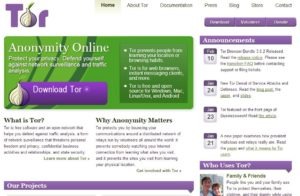The scene of people typing away at the local coffee shop or college café is so common it’s almost become cliché. But of course, why wouldn’t one take advantage of free Internet access? It’s easy and fast and readily available nearly everywhere we go in our daily lives.
But as with so many things that are “free,” there are some serious consequences to consider before you log onto these public portals. Wi-Fi hotspots, by their very nature, work on unsecured networks, making them widely available to motivated hackers after your personal data, including bank account information, email messages, passwords, Google searches etc.
Before your next foray onto one of these wide-open networks in the public realm, keep these safety tips in mind:
• Always remember that you and motivated hackers are hanging out in the same space, and even though the free Wi-Fi you’re using may require a password or log-in screen you’re still vulnerable, especially if you choose high-risk activities such as paying bills online.
• Take advantage of the built-in security features of Mac OS X and Windows. Enable your firewall (through security settings) and select “Block all incoming traffic.” Doing this—in addition to disabling file sharing—should keep most of the hackers out.
• Hackers can grab your saved passwords from your registry or install keyloggers, which make your keyboard activity available to them (including all passwords you type in). Install an app like LastPass, which stores your passwords in the Cloud, and they won’t be saved on your computer.
• Web sites that use “https” encrypt your activity, so anything you do is confidential. Therefore always look for a padlock in the address bar, or check the URL for “https://.”
• Hackers might set up fake networks like “Free Public Wi-Fi,” so check the network name and confirm it with the venue’s employees.

